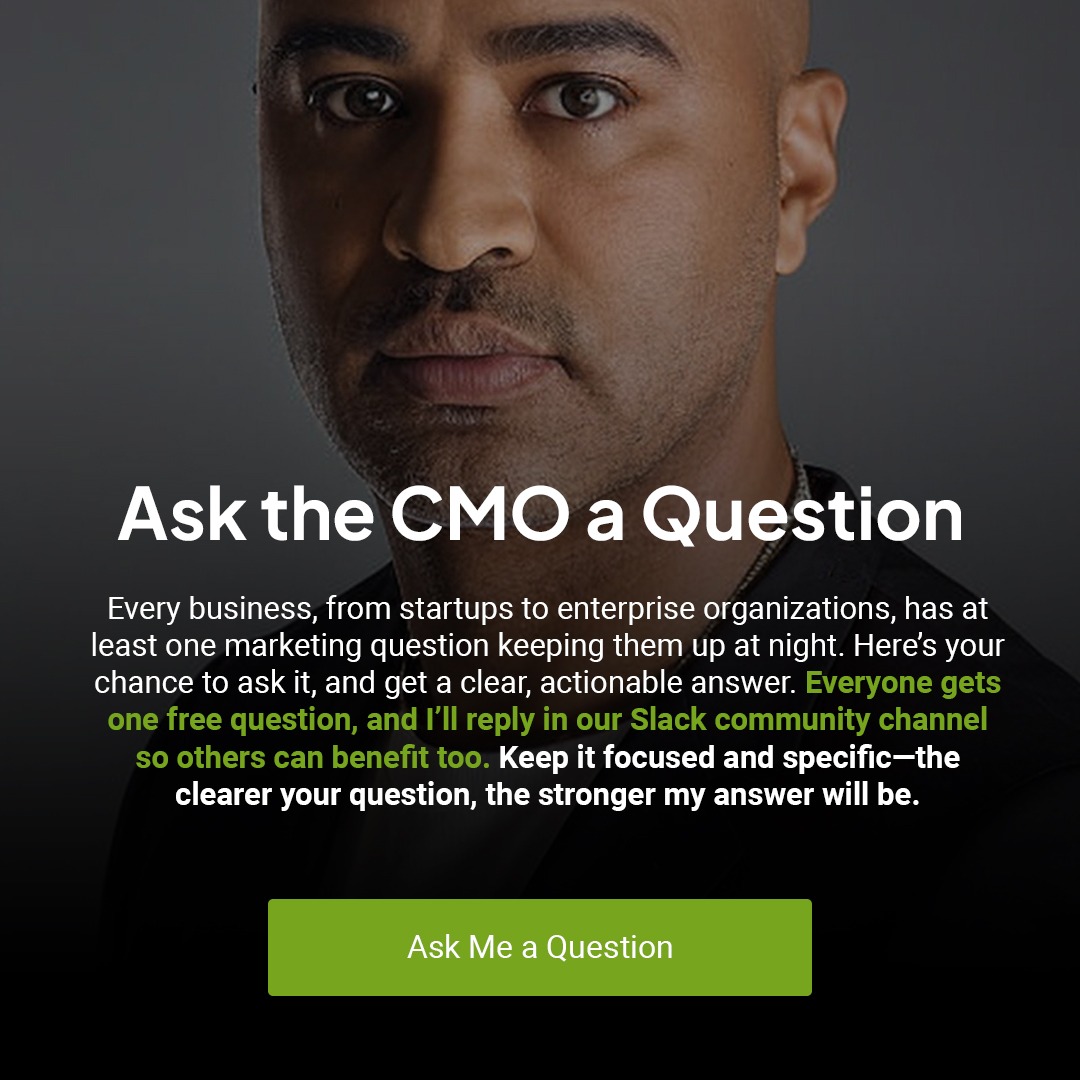As we enter 2025, the marketing landscape will continue to evolve at a breakneck pace. With their nimble structure and growth-focused mindset, startups are uniquely positioned to capitalize on emerging trends. However, it takes more than awareness to thrive—you need clear, actionable strategies that align with the latest developments in marketing.
Here, we explore key trends shaping 2025 and provide a roadmap to implementing them in your business.
Hyper-Personalization with AI
Personalization has been a buzzword for years, but in 2025, it’s becoming a standard expectation. Customers demand content that feels tailored to their preferences and needs. Artificial intelligence (AI) makes this easier than ever. Startups can use AI-driven tools to craft personalized customer journeys, from emails to website experiences.
To get started, segment your audience into distinct groups based on behavior or demographics. For example, a fitness startup might create personalized workout plans using AI to analyze user activity. By integrating dynamic content into emails or landing pages, you can ensure every interaction feels uniquely relevant. Tools like ChatGPT can even help automate responses that resonate with individual users.
How-To: Use AI tools like ChatGPT or personalization platforms to create content that dynamically adapts to user behavior. Experiment with different audience segments to refine your personalization strategy.
Short-Form Video Content
The rise of short-form video platforms like TikTok and Instagram Reels has redefined how brands engage with audiences. In 2025, startups that excel in storytelling through bite-sized videos will capture attention and drive conversions. Authenticity is the key here—consumers are drawn to relatable, value-driven content rather than polished ads.
Consider repurposing existing content into short, engaging clips. For example, turn a blog post about your product’s benefits into a series of quick tips shared on social media. Collaborating with niche influencers can amplify your reach, connecting your brand with engaged audiences.
How-To: Create 15- to 30-second videos highlighting your brand story or product benefits. Focus on storytelling and test different styles to see what resonates.
Voice Search and AI Discovery
As AI-powered assistants like Siri, Alexa, and Google Assistant become integral to daily life, optimizing for voice search is critical. Additionally, businesses must consider how they’re discovered in AI-driven search interfaces like ChatGPT and Bard. These tools prioritize natural, conversational queries, making it essential to tailor your content accordingly.
To enhance discoverability, craft content that answers common customer questions directly. For example, include phrases like “How do I…” or “What’s the best way to…” in your blog posts and FAQs. Use structured data markup to provide clear, context-rich information that AI tools can easily parse. Don’t forget to optimize for local SEO if your startup serves a specific region—this can make or break your visibility in voice search results.
How-To: Incorporate conversational keywords into your website and blog content. Use schema markup to make your site more accessible to AI-driven search tools.
Community-Driven Marketing
Building a loyal community around your brand has never been more critical. In 2025, consumers gravitate toward companies that foster genuine connections. Startups can create online spaces where customers feel valued and heard, such as private groups on Discord or Facebook.
Interactive events are another way to strengthen these bonds. Host webinars or live Q&A sessions to engage directly with your audience. User-generated content is also a powerful tool; it encourages customers to share their experiences with your product on social media and feature their stories on your platforms. This approach not only builds trust but also amplifies your reach organically.
How-To: Start a private online group (Slack is a great option) for your customers and regularly engage them with exclusive content, events, and Q&A opportunities.
Interactive and Immersive Experiences
Interactive content is set to dominate marketing strategies in 2025. Customers are no longer passive recipients of information; they want to engage with your brand meaningfully. Whether through quizzes, polls, or augmented reality (AR) features, interactive experiences keep your audience hooked.
Imagine a home décor startup allowing customers to visualize furniture in their living spaces via AR. This would enhance the shopping experience and reduce return rates. Similarly, creating engaging quizzes can guide users to the right product or service while keeping them entertained.
How-To: Develop a quiz or AR feature related to your product that directly engages users and simplifies their decision-making process.
Sustainability Marketing
Sustainability isn’t just a trend—it’s a necessity. Consumers increasingly support brands that prioritize eco-friendly practices. Startups can showcase their commitment to the planet by integrating sustainability into their marketing strategies.
Start by sharing transparent metrics about your environmental impact, such as reductions in carbon footprint or sustainable sourcing practices. Partner with nonprofits to amplify your message and consider eco-friendly product packaging. These efforts resonate with socially conscious consumers and differentiate your brand from competitors.
How-To: Highlight your sustainability efforts in your marketing and offer behind-the-scenes content that shows your commitment to the environment.
Leveraging First-Party Data
With the phase-out of third-party cookies and stricter privacy regulations, first-party data is more valuable than ever. Startups need to focus on collecting and utilizing customer data directly to personalize experiences and drive growth.
Offer lead magnets like free guides or exclusive discounts to encourage email sign-ups. Surveys and polls can also provide valuable insights while engaging your audience. Investing in a robust CRM platform will help you analyze and act on this data effectively, allowing you to tailor your marketing efforts precisely.
How-To: Build a simple lead magnet campaign to collect first-party data and use a CRM tool to analyze customer behavior.
Conversational Marketing
Customers appreciate real-time, conversational interactions that feel human and responsive. In 2025, conversational marketing will become a cornerstone of customer experience. Whether through chatbots, live chat, or social media DMs, startups must prioritize instant communication.
Start by integrating chatbots into your website to handle common queries. For more complex issues, provide live chat options with trained representatives. Social media platforms like Instagram and Facebook Messenger are also powerful tools for direct communication, enabling you to build relationships and resolve concerns efficiently.
How-To: Implement a chatbot on your website to handle FAQs and integrate live chat for more personal interactions.
Evolving Influencer Marketing
Influencer marketing isn’t going anywhere, but the rules are changing. The focus is shifting toward authenticity and long-term partnerships rather than one-off collaborations. Micro-influencers with smaller but highly engaged audiences are especially effective for startups.
Identify influencers whose values align with your brand and invest in building genuine relationships with them. Track the ROI of your campaigns to ensure they’re delivering value. For example, a tech startup could partner with niche reviewers who offer in-depth analyses of their products, boosting credibility and driving sales.
How-To: Find micro-influencers in your niche and build relationships with them through genuine outreach and collaboration.
AI-Generated Insights
Finally, leveraging AI tools to analyze customer behavior and campaign performance will be essential in 2025. Predictive analytics can help startups forecast trends, identify risks, and make data-driven decisions.
Use platforms like Google Analytics 4 or Mixpanel for AI-driven insights. Conduct A/B testing to refine your messaging and maximize impact. Predictive analytics tools can even highlight potential churn risks, enabling you to implement retention strategies before losing customers.
How-To: Start using an AI analytics platform to identify trends in customer behavior and refine your campaigns accordingly.
Conclusion
Marketing in 2025 is about more than keeping up with trends—it’s about leading the charge with strategies that resonate, engage, and deliver results. By focusing on personalization, interactivity, sustainability, and authenticity, startups can create meaningful connections with their audiences and drive growth in a competitive landscape. The future is here—make sure your marketing is ready for it.
Keep Reading
Want more? Here are some other blog posts you might be interested in.
You could feel it in the room this year. Not in a vague “the vibe shifted” way. In the practical, stressful ...
Beyond the Horizon: Seize 5000x Multipliers & Plunder Big with the fatpirate mobile slot!Unveiling the Pirate’s Treasure: Gameplay MechanicsDecoding the Bonus FeaturesUnderstanding the FatStacks MechanicMobile ...
He looked across the conference room table at me and said, almost in a whisper, “I hate to be the bad ...
For founders and growing companies
Get all the tips, stories and resources you didn’t know you needed – straight to your email!



